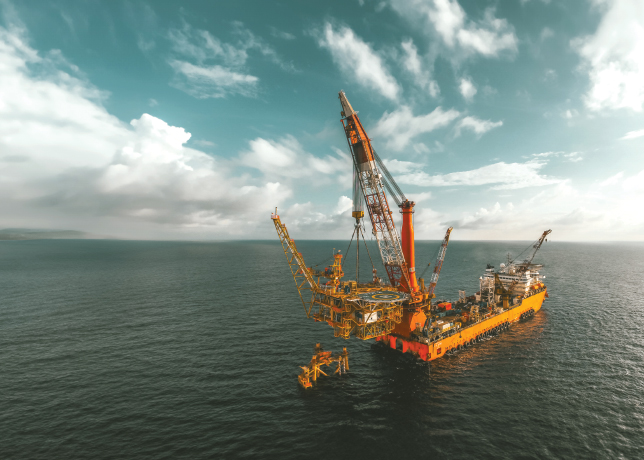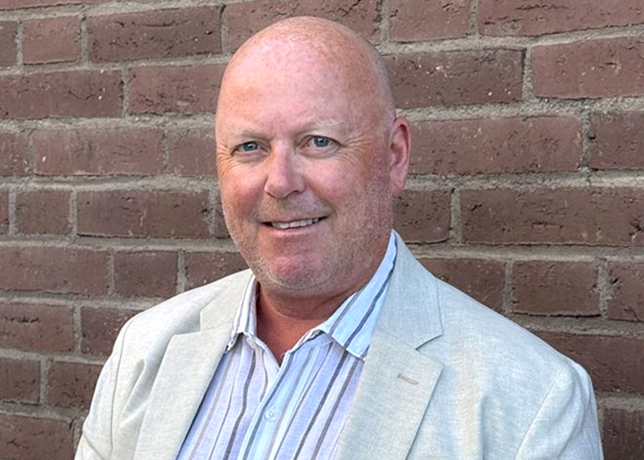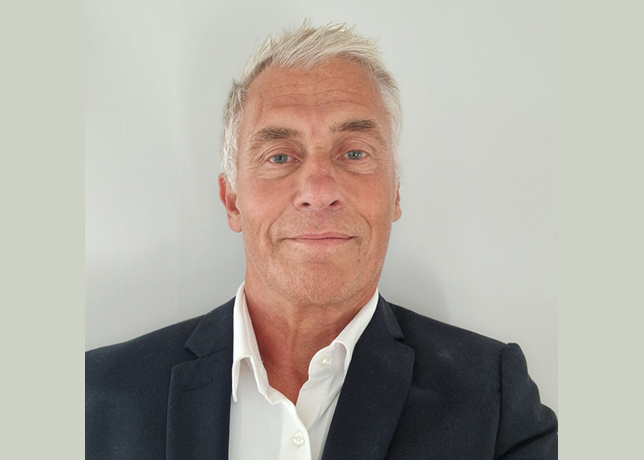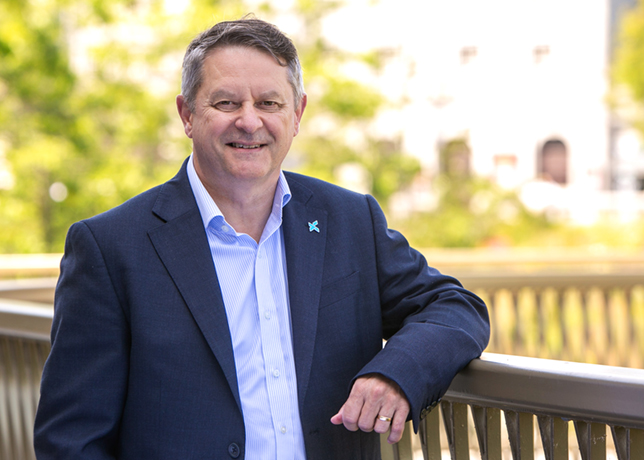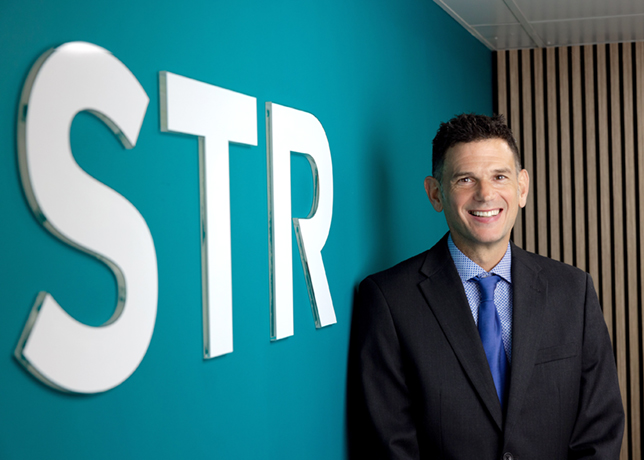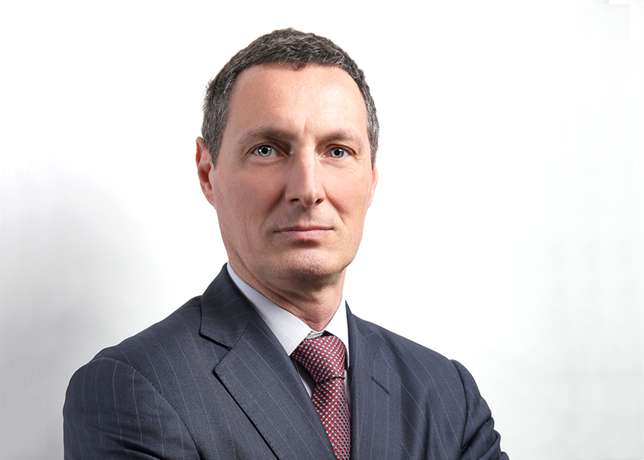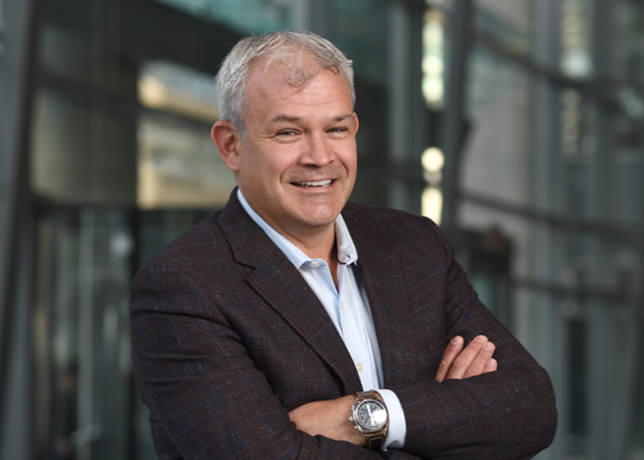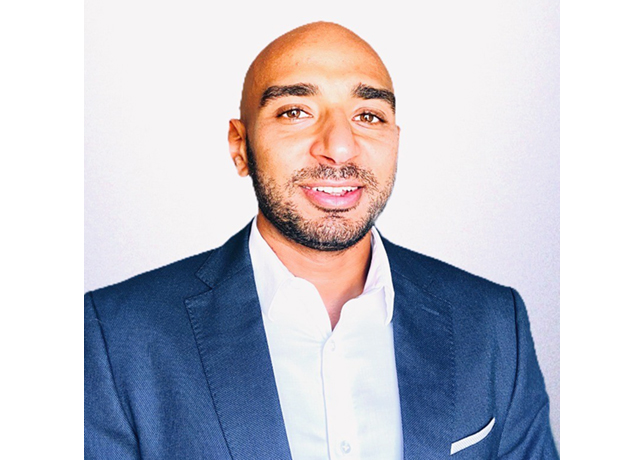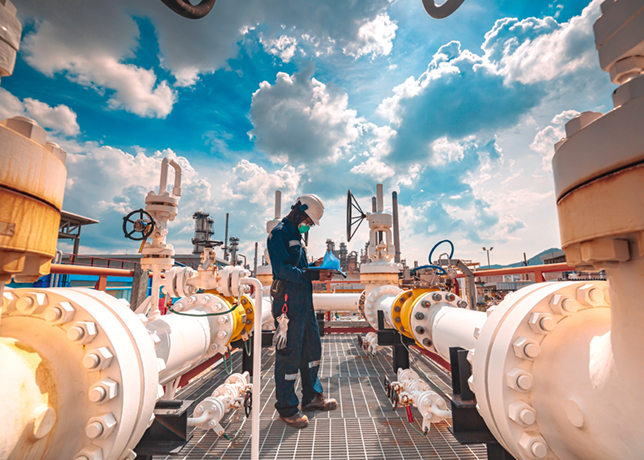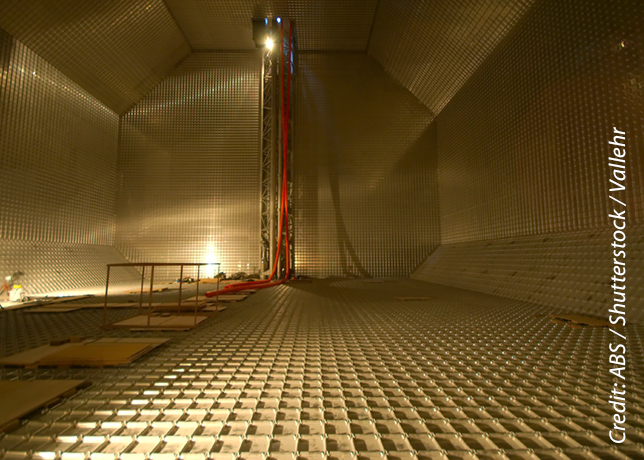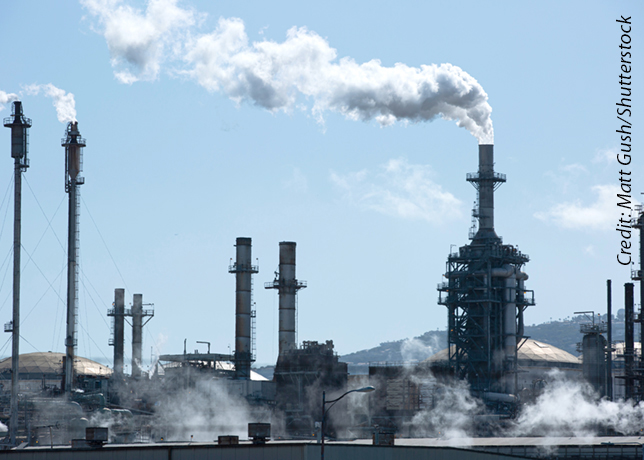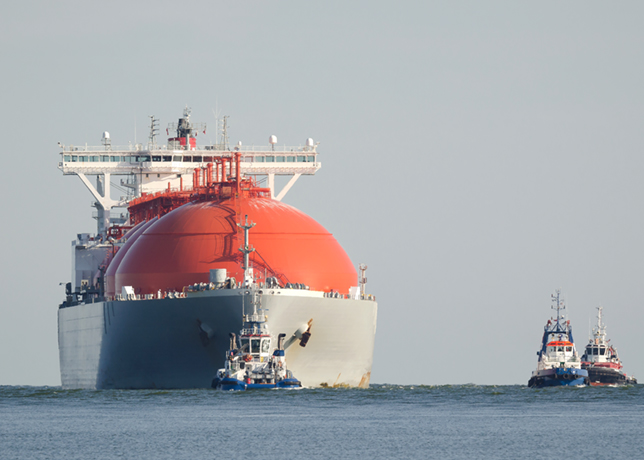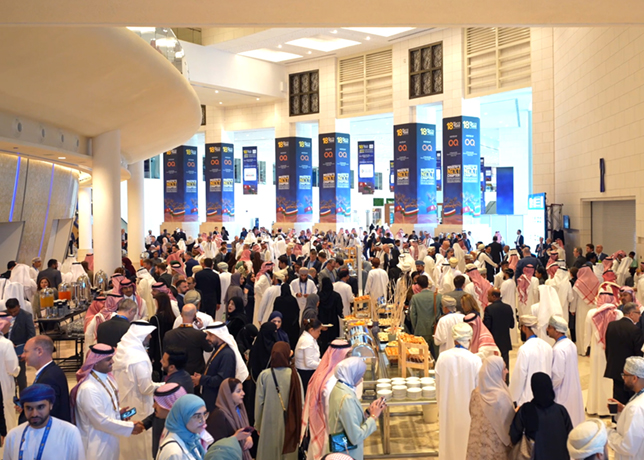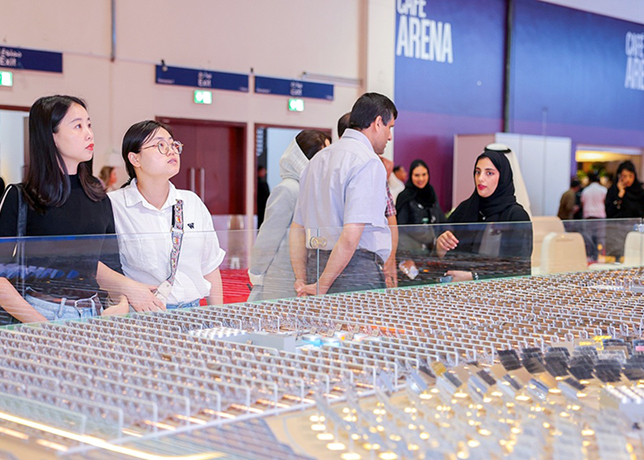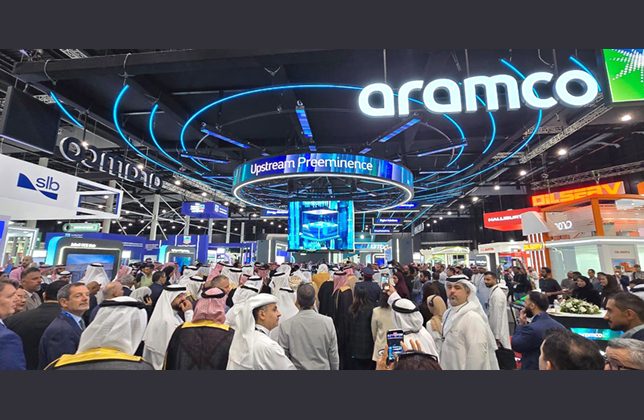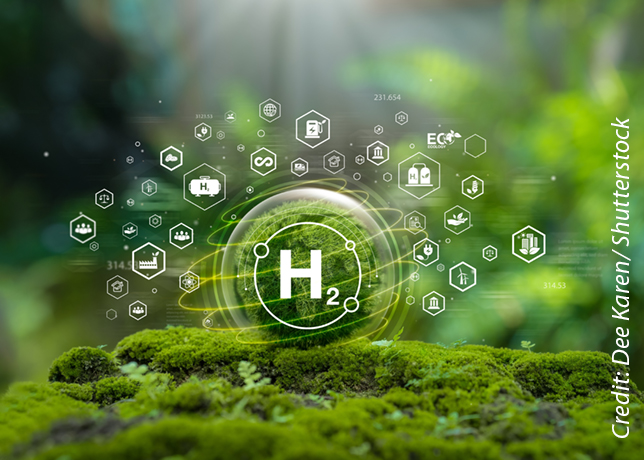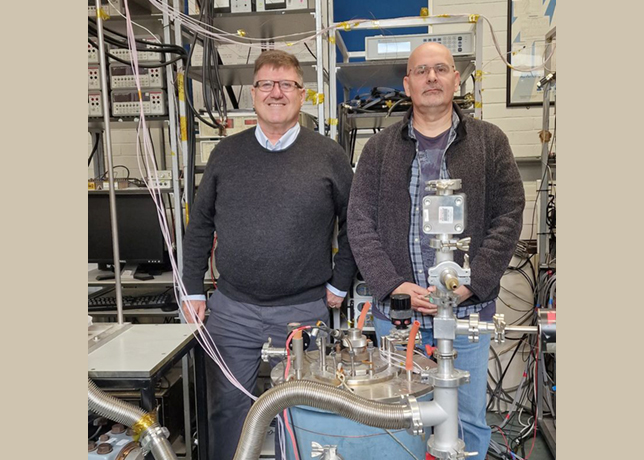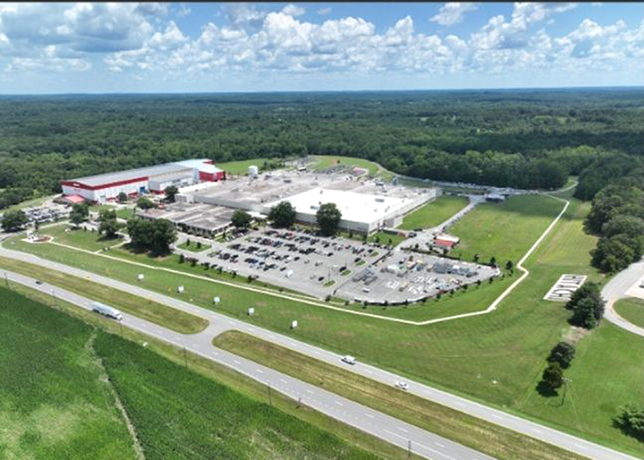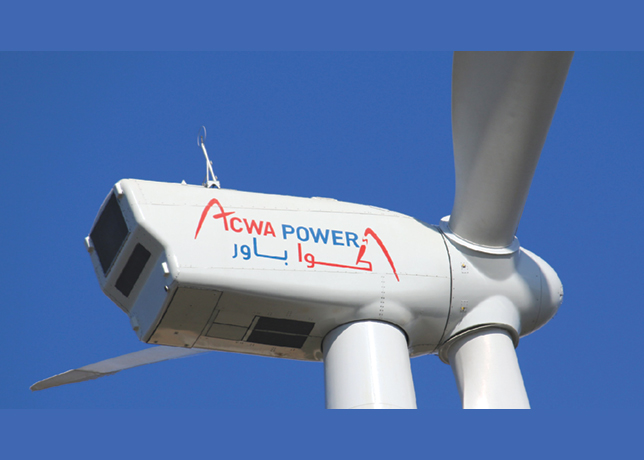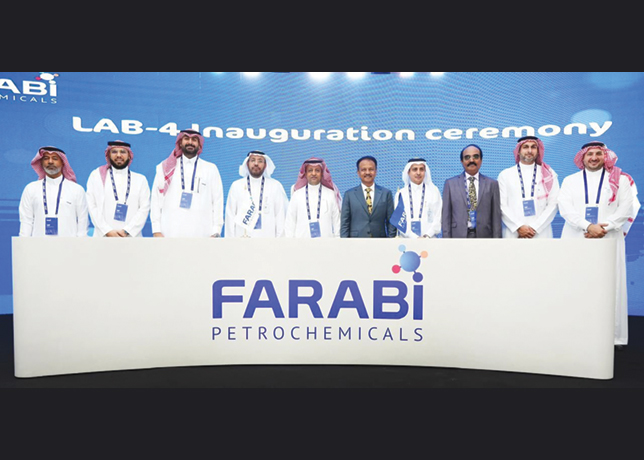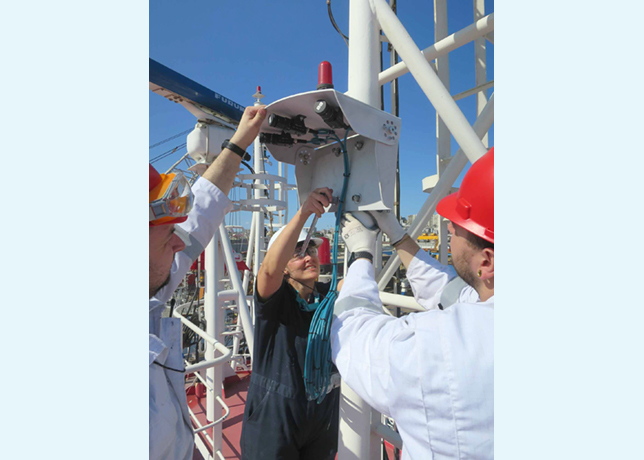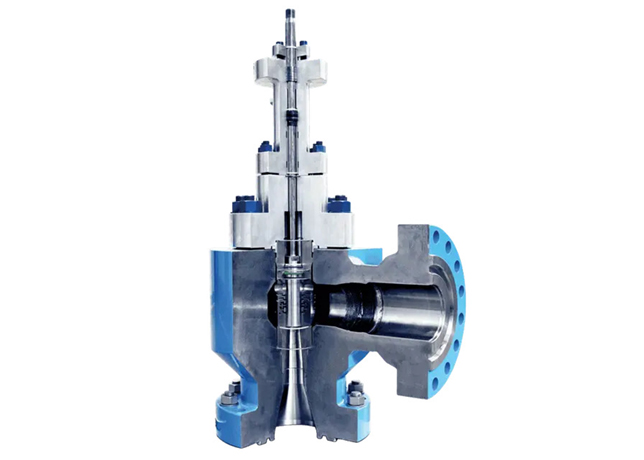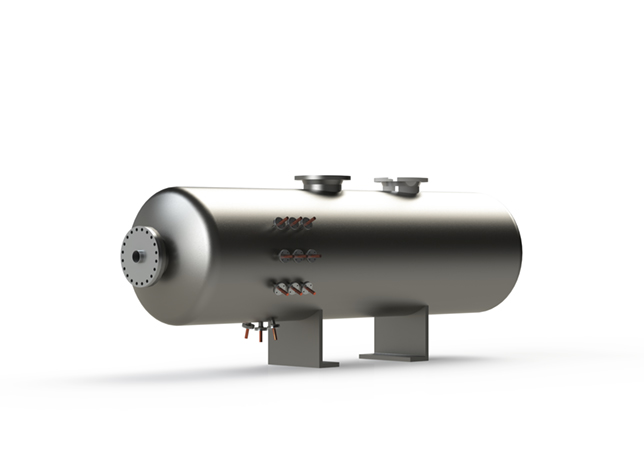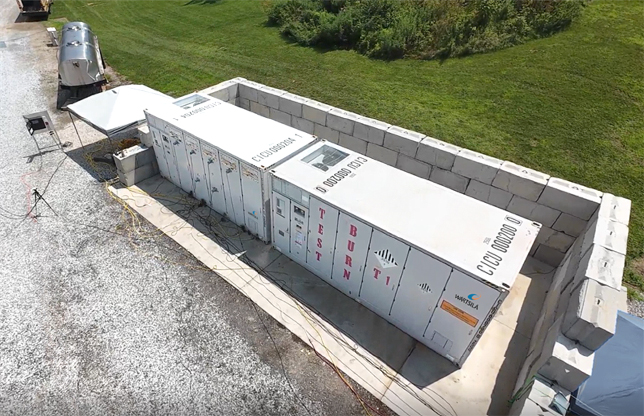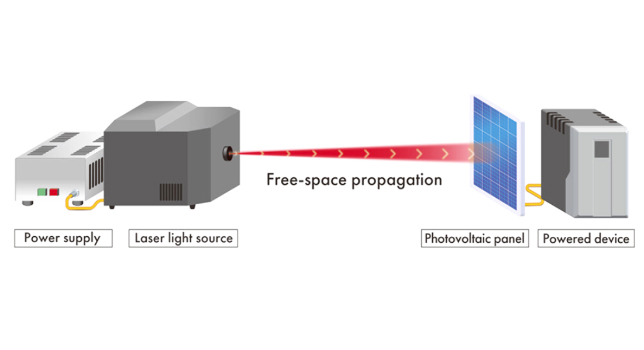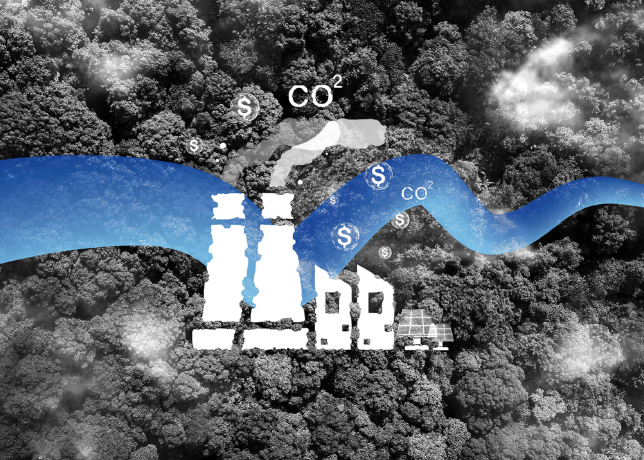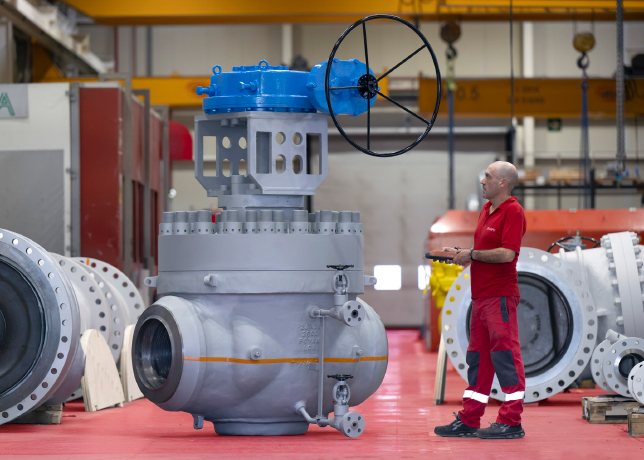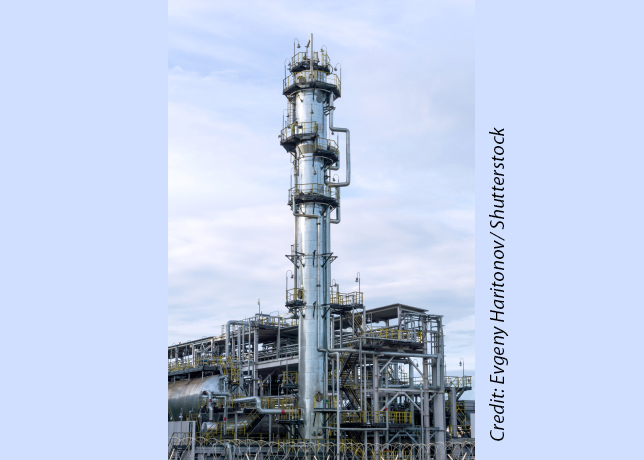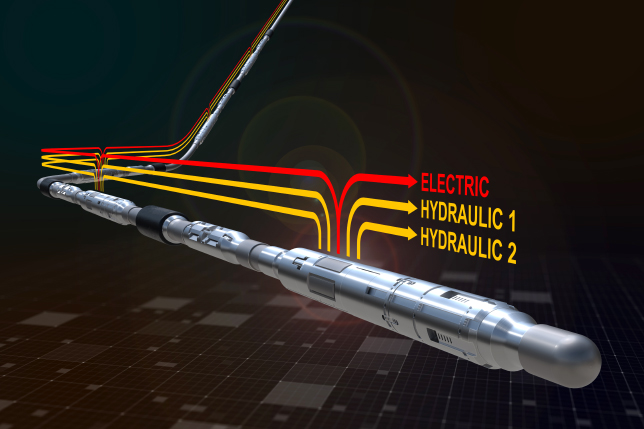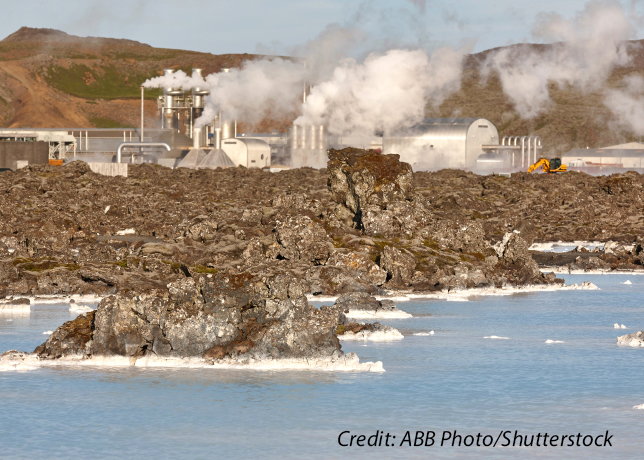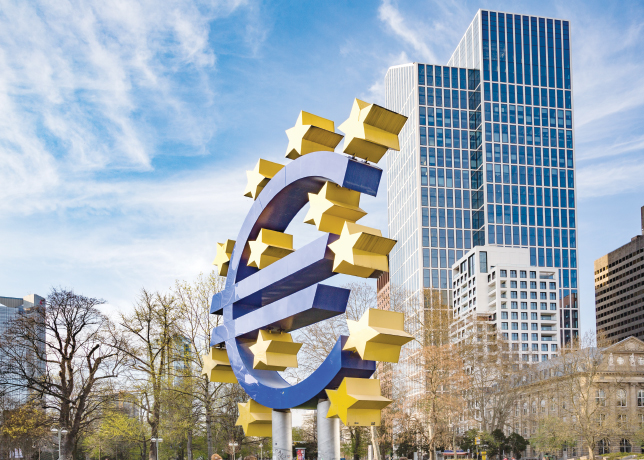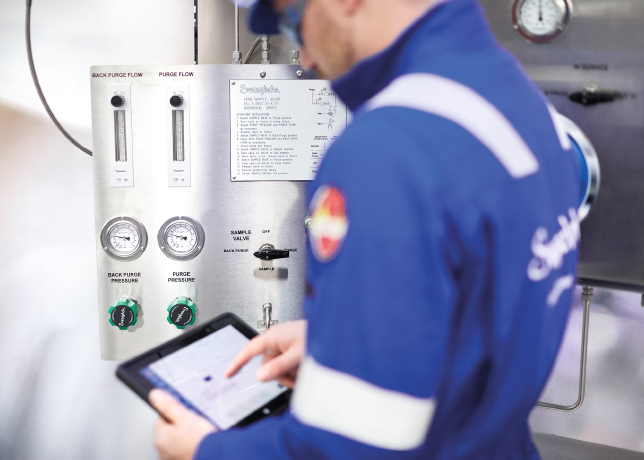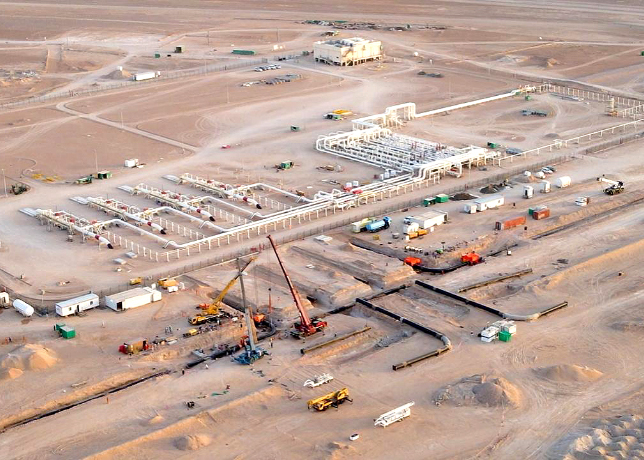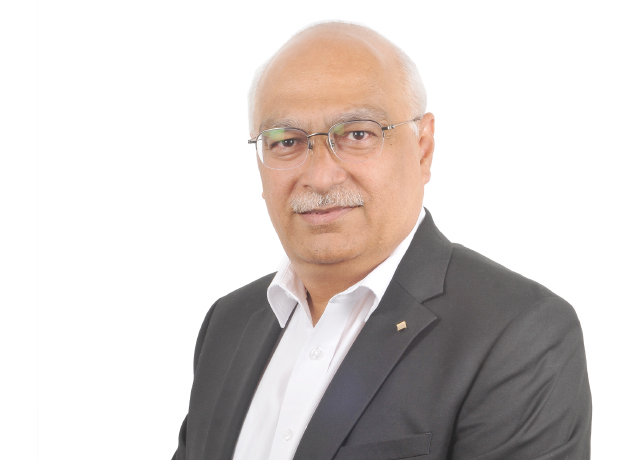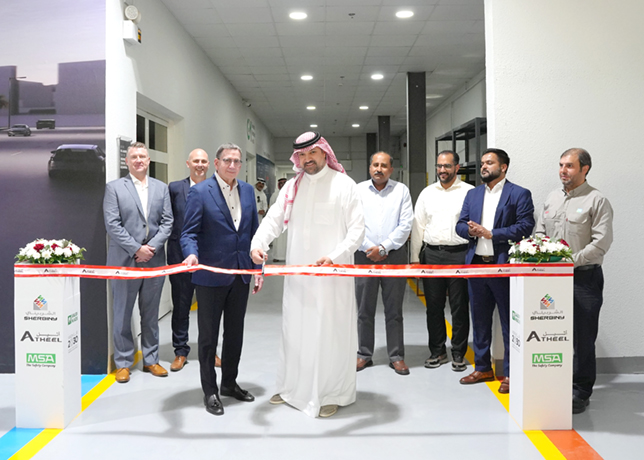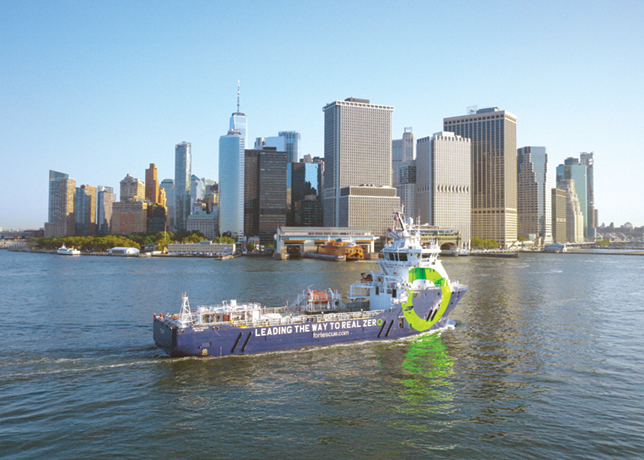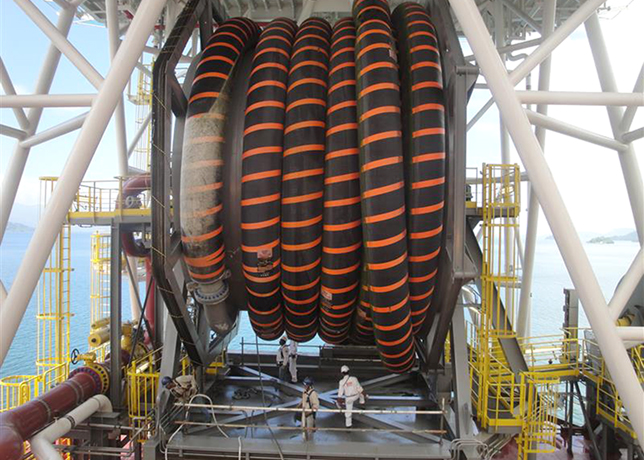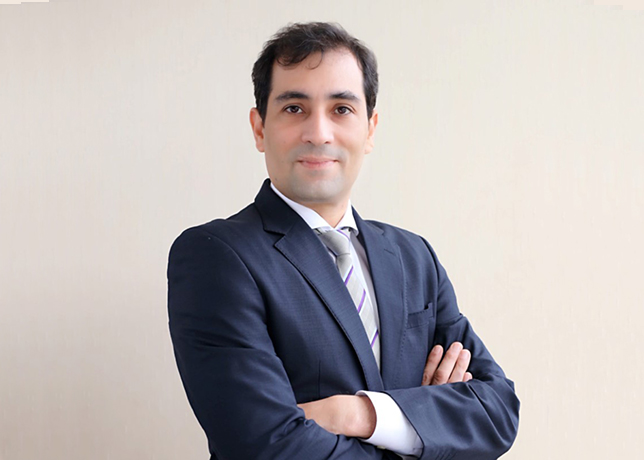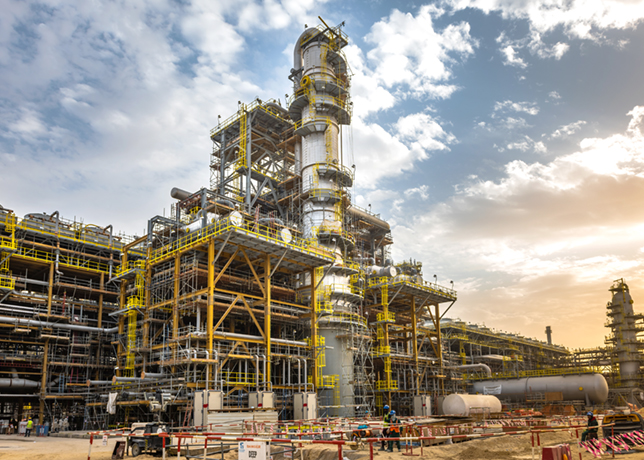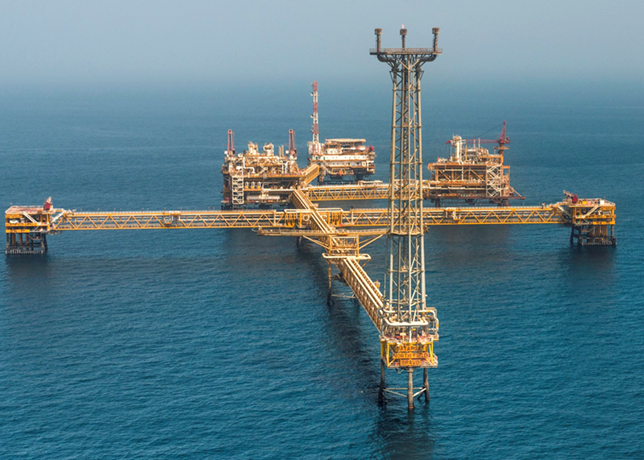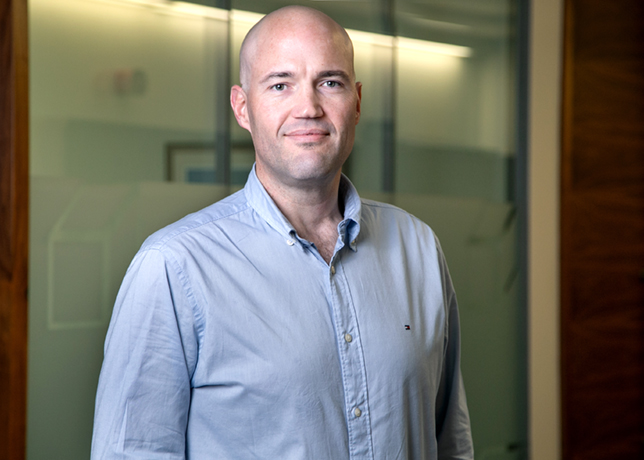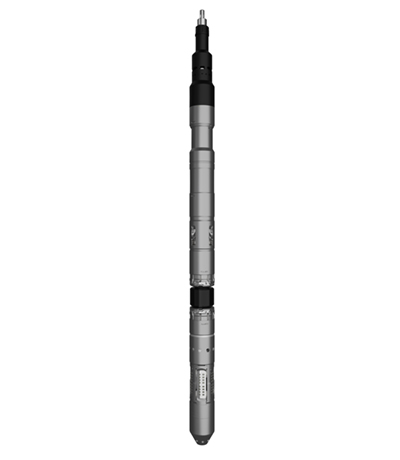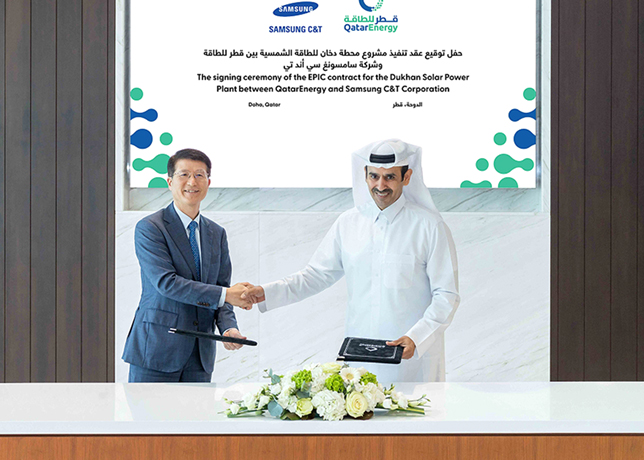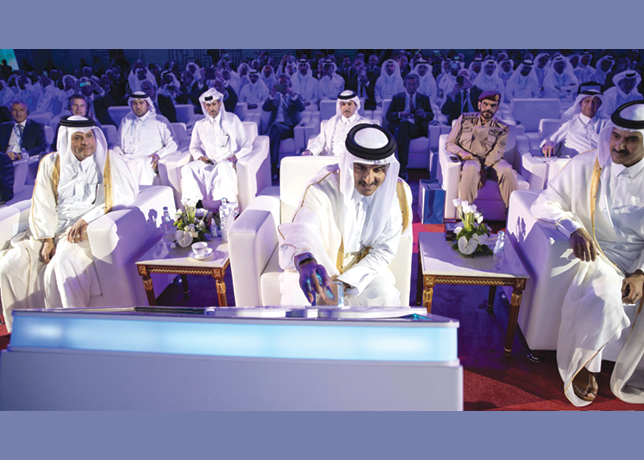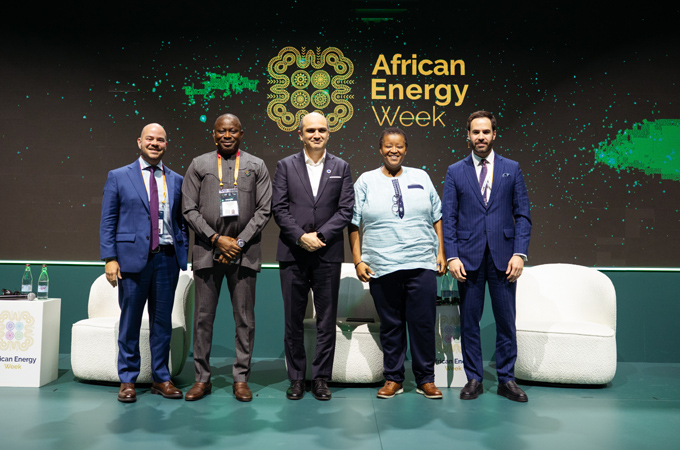
GOIL, Ghana’s oil and gas marketing company, is planning to commission an additional 12,000 metric tonnes of liquefied petroleum gas (LPG) storage capacity in the next year, anchored by a $50 million investment.
Speaking during a panel at Africa Energy
Week (AEW): Invest in African Energies 2025, Edward Abambire Bawa, Group CEO
and Managing Director of GOIL, said the company was spearheading a
transformative expansion in LPG storage capacity to address growing domestic
demand and to strengthen the country’s energy security.
Guided by the 2024 baseline consumption of
340 million kilograms of LPG sold nationally, this strategic expansion aims to
bridge critical supply gaps where current storage capacities only cover two to
three weeks of national demand.
“This storage limitation is a challenge and
a prime investment opportunity. Expanding infrastructure is fundamental to
unlocking the full monetisation potential of LPG, benefiting producers,
distributors, and end consumers alike,” Bawa added.
GOIL’s recent initiatives demonstrate a
broad commitment to infrastructure development.
This includes the launch of multiple
Autogas stations across five regions nationwide, including Accra and Kumasi.
Additionally, the inauguration of a
polymer-modified bitumen terminal in Tema aims to support related energy needs.
The company’s distribution network spans
across Ghana, servicing diverse consumer segments while maintaining sustainable
growth and investment partnerships.
The company recognises the challenges
presented by limited LPG infrastructure, especially in rural areas.
It is committed to expanding access through
well-designed policies, greater investment, and innovative business models,
including digital payment solutions that cater to household cash flows.
"Our research at GECF highlights that
LPG is a critical component within the broader narrative of gas's role in
sustainable development. Monetising gas is not simply about producing greater
volumes but about creating value along the entire supply chain. This
encompasses production through storage, transportation, distribution, and
finally reaching the household consumer. In Africa particularly, market
creation and capacity development are two sides of the same coin,” said
Mohammed Amin Naderian, Head of Energy Economics & Forecasting Department
from the Gas Exporting Countries Forum (GECF).
"We caution against mistaking policy
as the solution itself. Policy acts as a catalyst to break poverty and energy
poverty traps, accelerating monetisation through industrialisation and job
creation for Africa's youth. However, if policies are poorly designed or
inconsistent, they risk market distortions or abrupt collapses. Stable,
well-designed, and transparent regulations are essential to reduce investment
risks and create predictable futures for investors and consumers alike,” he
added.
Sebastian Wagner, Managing Partner at DMWA
Resources, citing successful experiences in countries like Rwanda, stressed the
importance of stable regulations, transparent investor incentives, and
innovative business models like digital payments to match household cash flows.
He further highlighted the ongoing efforts
to integrate LPG into Africa’s broader energy transition. “LPG often flies
under the radar compared to LNG, but it is gaining momentum through
well-structured investments and government partnerships aimed at reducing gas
flaring and capturing value.”
Speaking from a South African perspective,
Sesakho Magadla, CEO, Petro, noted, "LPG demand in South Africa is largely
driven by population growth and energy demand increases, yet infrastructure
development continues to lag behind. We currently see about 350,000 metric tonnes
of LPG consumed annually, with peak demand reaching 550,000 metric tonnes in
winter and summer months.
“New investments in reverse flow pipelines and terminals in Durban is therefore aimed at unlocking the capacity needed to meet national demand. But it is only through public and private sectors collaborating closely, with projects like SANPC and Avedia Energy, that we will improve LPG importation and distribution capacity for improved market stability and access." -OGN/ TradeArabia News Service




